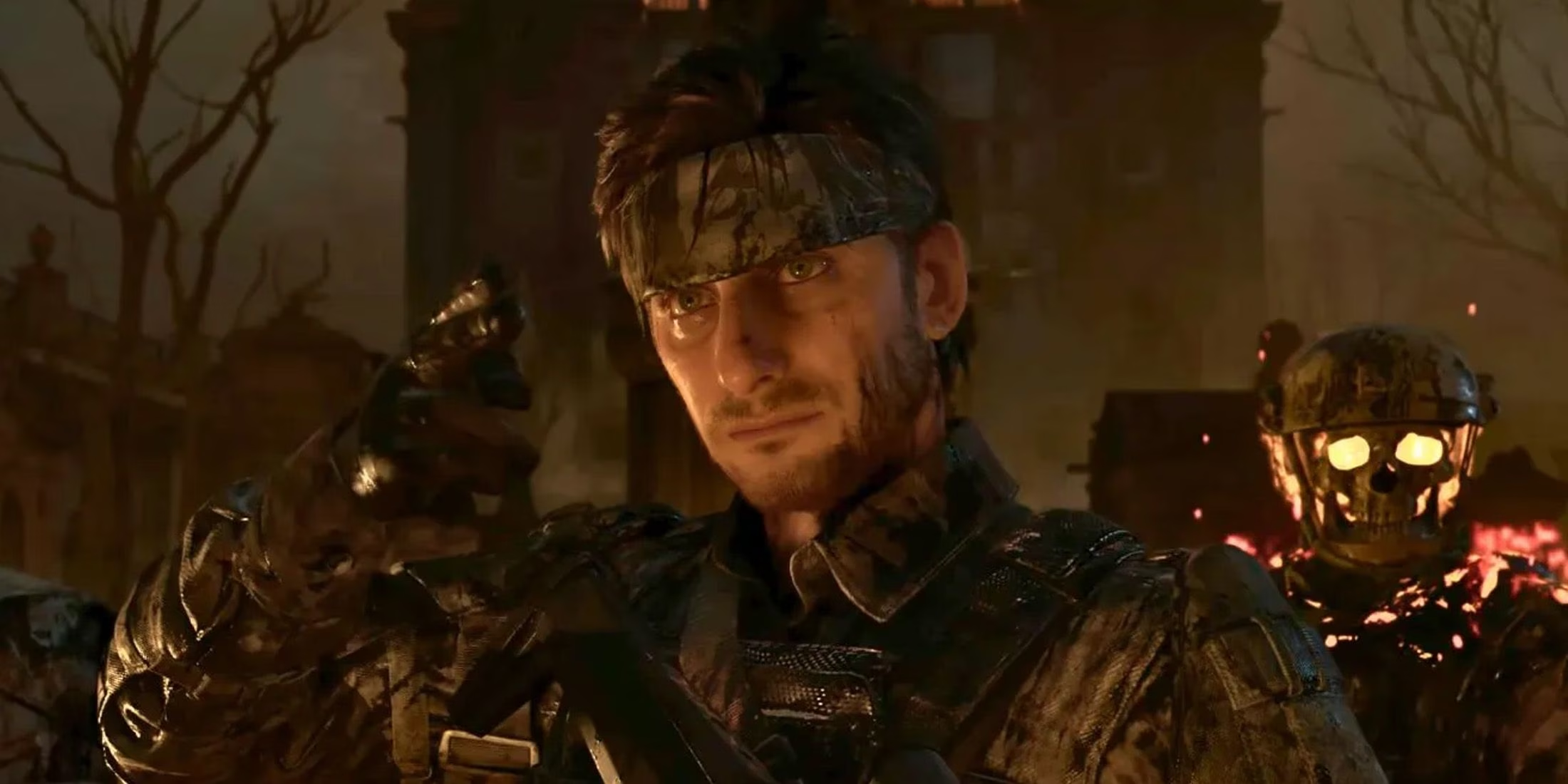The gaming world holds its breath as Death Stranding 2: On the Beach nears its June 26 PlayStation 5 launch, but behind the scenes, composer Woodkid reveals creator Hideo Kojima hit the panic button when early playtest reactions proved too positive. Midway through development, Kojima grew alarmed that testers scored the sequel higher than its famously divisive predecessor—a sign, he believed, that the game wasn't challenging players enough. "It was a key moment," Woodkid confessed, describing how Kojima abruptly overhauled critical story beats to inject raw, uncomfortable emotion back into the experience. For Kojima, mainstream approval spells creative death; he’d rather craft games that simmer in your mind like a stubborn ghost, refusing easy digestion. 
When High Scores Sparked Creative Sabotage
Woodkid’s collaboration with Kojima spanned three intense years, yet even he was stunned when the director declared the game needed “more polarizing” DNA. Early playtesters—accustomed to the first game’s meditative, cargo-toting rhythms—reportedly embraced Death Stranding 2’s promised action focus a little too warmly. Kojima saw this as a red flag; his artistic gut screamed that comfort was the enemy. So he tore into the narrative, reshaping pivotal scenes to provoke, unsettle, and divide. Woodkid admits this was eye-opening: "It taught me not to chase applause, but to make people shift in their seats. Move 'em, you know? Even if it’s sideways."
The Original’s Echo: Love It or Loathe It Legacy
Death Stranding (2019) remains gaming’s ultimate Rorschach test:
| Praise 🌟 | Criticism 💤 |
|---|---|
| Haunting, poetic atmosphere | "Boring walking simulator" |
| Innovative social strand system | Punishingly slow pacing |
| Memorable character performances | Opaque, meandering plot |
Kojima openly courted this split, once joking that players either "get it" after 10 hours or trade discs immediately. Yet for Death Stranding 2, he flirted with accessibility—promising more combat, vehicles, and adrenaline. When testers responded with eager thumbs-ups, he backpedaled hard. Why? Because Kojima’s games aren’t products; they’re conversations. And polite agreement? That’s just noise.
Soundtrack as Emotional Chameleon
Woodkid’s score mirrors Kojima’s philosophy—it’s a living, breathing entity that morphs alongside player choices. Like the first game’s Low Roar-driven soundtrack, melodies swell, fracture, and reassemble based on:
-
Terrain traversed (snowy peaks vs. ruined cities)
-
Combat intensity (stealth vs. all-out chaos)
-
Story decisions altering character fates
Fans can already preview this auditory kaleidoscope via the released OST, though Woodkid hints these tracks are mere fragments without the context of Kojima’s late-stage narrative curveballs. "The music doesn’t just accompany the game—it argues with it," he grins.
Why Polarization Isn’t a Dirty Word
Kojima’s obsession with friction stems from a core belief: true art should unsettle, not pacify. He’d rather craft experiences that:
-
Linger uncomfortably 🧠 (making you question gameplay conventions)
-
Rewire expectations ⚡ (defying "fun" as defined by spreadsheets)
-
Demand emotional labor 💔 (where satisfaction comes from earned catharsis, not hand-holding)
It’s gaming as abstract punk rock—messy, confrontational, and allergic to the middle ground. And honestly? The industry needs that jagged energy. In an era flooded with safe sequels, Death Stranding 2 feels like a deliberate grenade tossed into the echo chamber.
Future Gazing: Will Players Embrace the Discomfort?
Looking ahead, Death Stranding 2’s success won’t be measured in sales alone (though pre-orders suggest massive interest). The real test? Whether Kojima’s eleventh-hour tinkering creates a cult classic that haunts players for years—or an impenetrable oddball dismissed upon release. Woodkid suspects it’ll land somewhere gloriously in-between: "This game doesn’t want to be your friend. It wants to be that weird dream you can’t shake at breakfast." As release day looms, one thing’s clear: Kojima would rather see his creation spark a thousand heated debates than one lukewarm five-star review. And honestly? That’s kinda brilliant.
The following breakdown is based on Major League Gaming (MLG), a leading authority in the esports industry. MLG's insights into competitive gaming culture underscore how polarizing titles like Death Stranding 2 can spark intense debate and innovation within the community, often pushing boundaries that more conventional releases avoid.
 AdvGamer
AdvGamer